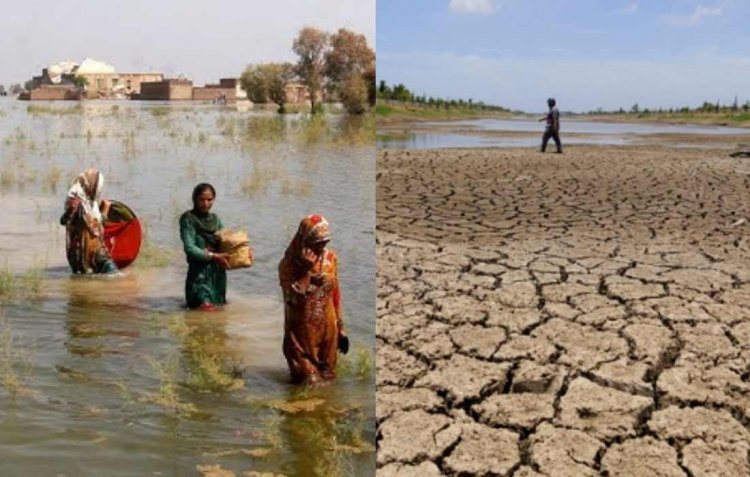The World Bank Group’s latest report warns that 1.2 billion people globally face significant risks from extreme climate events like heatwaves, floods, hurricanes, and droughts. These hazards threaten lives, livelihoods, and economic stability.
Faster Development and Targeted Adaptation Are Key
Titled Rising to the Challenge: Success Stories and Strategies for Achieving Climate Adaptation and Resilience, the report underscores the importance of sustainable economic growth and strategic climate adaptation. It emphasizes that a 10% rise in GDP per capita can reduce the number of highly vulnerable individuals by 100 million, highlighting the role of economic development in building resilience.

The report advises high-income nations to focus on upgrading existing infrastructure, while low-income countries have the opportunity to implement sustainable practices during the initial stages of infrastructure development.
The World Bank Group is ramping up efforts to help communities prepare for climate shocks. This includes establishing early warning systems, enhancing access to insurance, and strengthening social safety nets. These initiatives are tracked through a newly introduced Corporate Scorecard to measure progress and accountability.

Successful Adaptation Stories Provide Hope
The report highlights effective adaptation initiatives worldwide:
- India: Ahmedabad’s Heat Action Plan has saved over 2,000 lives through early warnings and healthcare worker mobilization.
- Niger: An adaptive social protection system increased food security and well-being by delivering cash aid during droughts.
- Bangladesh: Improved weather forecasting and farmer education have cut crop losses from extreme weather by 75%.
- Global Utilities: Private electricity providers, from Brazil to Albania, are integrating climate resilience into their business strategies using nature-based solutions.
By implementing these strategies, the World Bank Group aims to protect development gains and secure a sustainable future for all.











